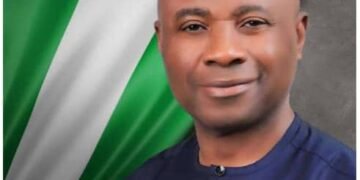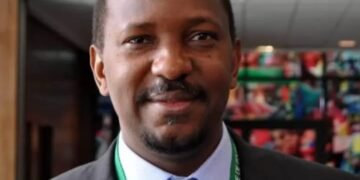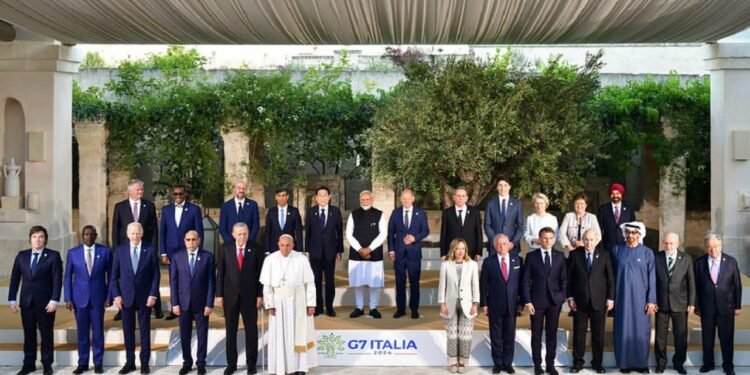By Charles Igwe
In an unprecedented event, Pope Francis attended the G7 summit for the first time, joining the leaders of the world’s seven most industrialized economies. Invited by President Giorgia Meloni, Pope Francis delivered a significant speech on the implications of artificial intelligence for humanity. Below is the full text of his address, which he presented in a shorter form earlier in the day on Friday, June 14.
Pope Francis began by acknowledging the divine inspiration behind human creativity, citing Sacred Scripture: “God bestowed his Spirit upon human beings so that they might have ‘skill and understanding and knowledge in every craft’” (Ex 35:31). He emphasized that artificial intelligence (AI) is a product of this creative potential and is increasingly influencing various aspects of life, from medicine and work to culture, communications, education, and politics.
The Pope highlighted the dual emotions AI evokes: excitement for its possibilities and fear for its potential consequences. He noted that AI represents a cognitive-industrial revolution, capable of democratizing access to knowledge and advancing scientific research, but also posing risks of increased injustice and a “throwaway culture.”
Pope Francis stressed that AI is fundamentally a tool whose impact depends on its use. He traced the history of human tool-making, suggesting that technology is a sign of humanity’s orientation toward the future. However, he warned that technology must serve humanity’s true purpose to avoid becoming harmful. The Pope called for ethical considerations in AI development, emphasizing the need for human control over AI decisions. He condemned the development and use of “lethal autonomous weapons” and urged a ban on such devices, insisting that no machine should decide to take a human life.
Pope Francis pointed out the complexities of AI, particularly its ability to solve problems through self-learning and statistical inferences. He cautioned against delegating critical decisions to machines, especially in sensitive areas like criminal justice, where AI might reinforce existing biases. The Pope also addressed the ethical challenges posed by generative AI, which often consolidates existing knowledge rather than creating new insights. He warned that over-reliance on AI in education could undermine authentic reflection and critical thinking.
Pope Francis concluded by highlighting the importance of placing human dignity at the center of AI development. He called for a global ethical framework, referencing the “Rome Call for AI Ethics” as a step toward ensuring that AI serves the common good. The Pope’s address underscored the need for political action to ensure that AI development aligns with ethical principles and supports human dignity. He called for “healthy politics” to oversee the responsible use of AI, emphasizing that a collective effort is required to harness AI’s potential for the benefit of all humanity.
The historic participation of Pope Francis at the G7 summit marked a significant moment, bringing a moral and ethical perspective to discussions on the future of technology and its impact on society.













































